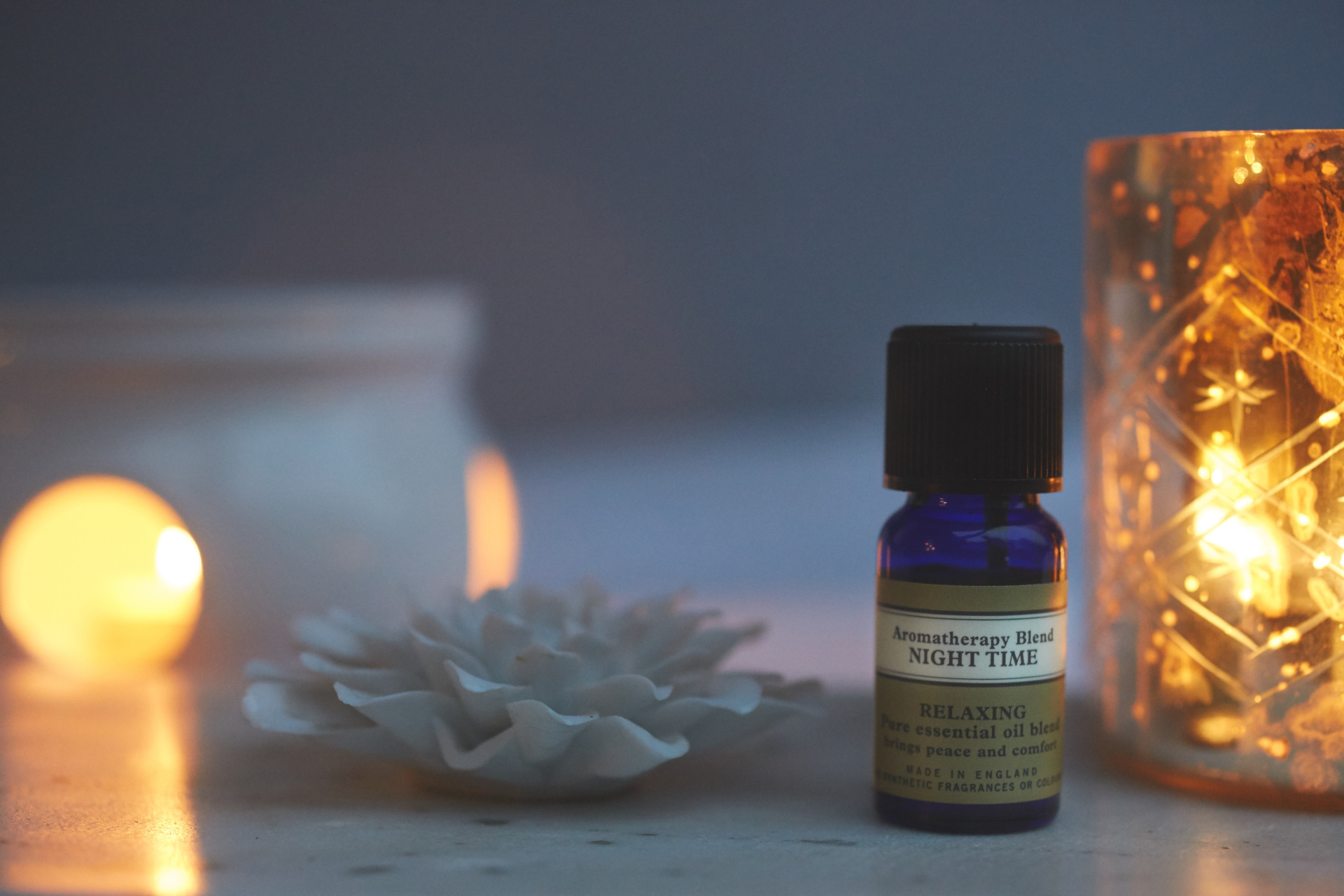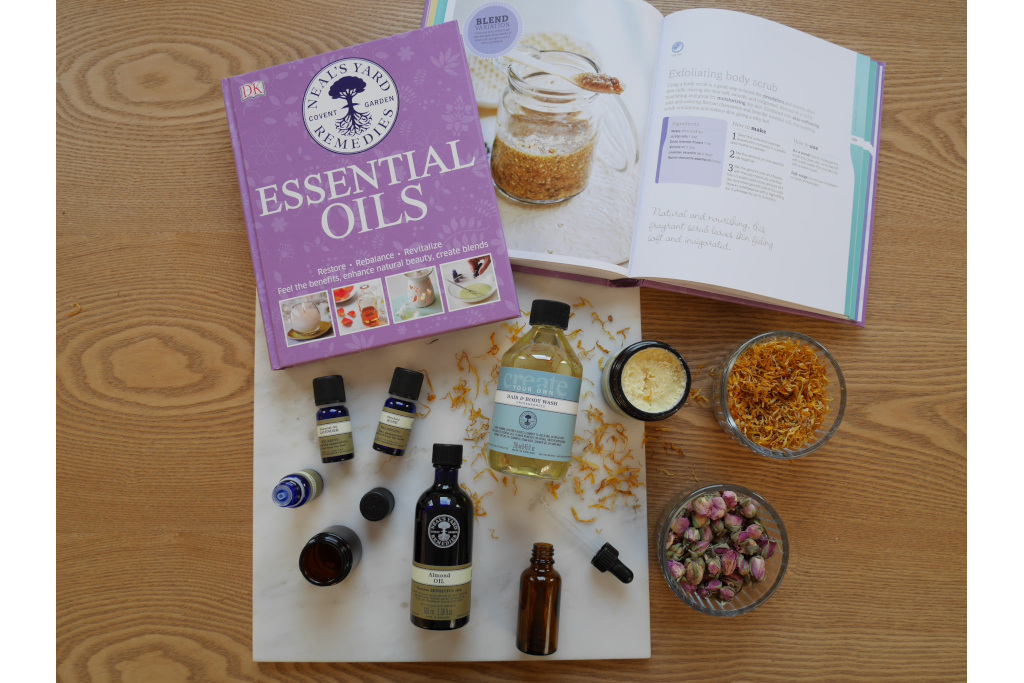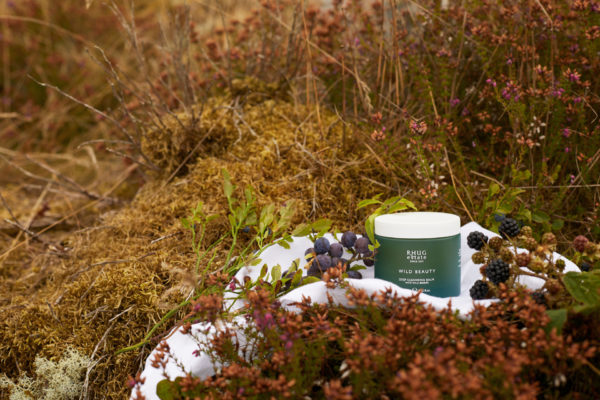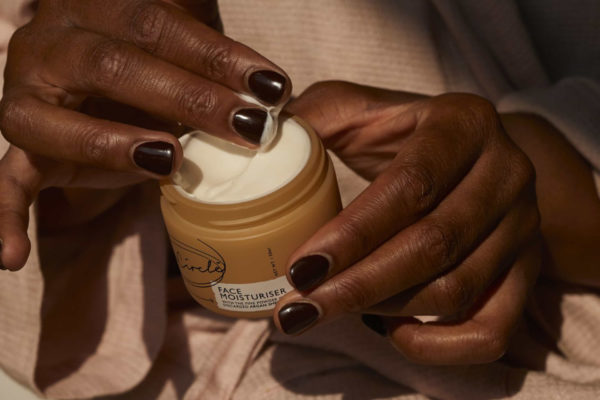What is Clean Beauty?
By
1 year ago
Is 'clean' actually 'green'?

As many health enthusiasts know, one of the latest buzzwords drifting around the cosmetic industry these days is clean beauty. The label has been slapped on more beauty products than we can count – often with the promise that sustainability comes with it. So, what exactly is clean beauty? We enlist the help of modern apothecary brand Neal’s Yard Remedies to help demystify the situation.
What is Clean Beauty?
When we think of ‘clean beauty’, our first thought is typically something along the lines of natural ingredients, plants and essential oils. The real thing is a lot more complex, with beauty brands now using a mixture of natural and synthetic ingredients that, when used in products, aren’t harmful to users.
‘Clean beauty is a term used by the beauty industry indicating a product is free from harmful ingredients, meaning it’s safe for us to use,’ says Tipper Lewis, brand ambassador for Neal’s Yard Remedies and a qualified Naturopathic Herbalist. ‘As such, a clean beauty brand doesn’t use ingredients known to be harmful, or those with potential concerns. At Neal’s Yard Remedies, for example, we use the precautionary principle, meaning our products are free from nano technology, EDTA, phthalates, propylene glycol, GMO, parabens, silicones, carbomers, DEA, synthetic fragrance and colours.’

On paper, the concept sounds simple enough, but Tipper warns that many products that fall under the ‘clean beauty’ banner only do so out of subjectivity: ‘Clean beauty doesn’t have an official definition, meaning it’s open to interpretation or could even be misleading for the consumer.’
Which is why we unsurprisingly find many brands promoting their products as ‘clean’, even if they don’t necessarily share the definition we have in mind. Thankfully, due to the increasing demand for clean beauty products, independent accrediting bodies have come forward to put in place various standards that help create greater transparency in the industry.
‘This is why we use the Soil Association and COSMOS organic as independent accrediting bodies. Their logos tell you a product has met a stringent criteria that certifies it as organic. It’s a transparent and quick way of letting you know that a product only includes plant-based and botanical ingredients, deemed safe for us and the planet. It also guarantees that the product will have clear labelling and eco-conscious packaging, and avoids animal testing while ensuring that sustainability standards have been met.
‘Many of our products also have the COSMOS NATURAL signature, indicating a product is made of only, or at least almost only, natural ingredients and is manufactured with appropriate processes to maintain ingredient purity and safety.’
Can ‘clean beauty’ products be considered sustainable?
With many brands claiming to be ‘clean’, there comes a little bit of confusion in truly defining what makes them so – especially when the term is used interchangeably with sustainable terminology. As Tipper indicates, ‘Currently, there are no legal definitions for terms like naturally derived, natural, renewable or even sustainable. Brands can make these claims without needing to back them up, resulting in greenwashing.’

And with more people wanting a slice of the trend, brands are looking for shortcuts that will get their products out quicker and in mass batches. For the most part, natural ingredients are still at the forefront of the ‘clean’ movement, meaning that the areas in which they are sourced from will be hit the hardest by fast consumption. ‘As demand grows for clean beauty there is a danger that botanical ingredients will be harvested unsustainably from the wild. Unfortunately, this is already happening with ingredients like palm oil. There’s a need for absolute transparency if we want clean beauty and sustainability to go hand in hand.
‘The Soil Association and COSMOS only allow the use of Certified Sustainable Palm Oil (CSPO) sources – largely from Columbia – in products. We prioritise working with companies that use CSPO certification on their palm oil derived ingredients, but the picture in the larger cosmetics industry is very different.’
What can we do?
For the most part, the best thing we can do is get to know our ingredients and certifications. ‘Be aware that everything is not always as it appears, look for a logo you can trust like the Soil Association and COSMOS and buy from companies that favour transparency,’ adds Tipper. ‘We have lots of information on our website about issues like sustainability, ethics, provenance, environment and ingredients.’
Resources
Find out more and shop Neal’s Yard Remedies at nealsyardremedies.com
You can find more information on the Soil Association at soilassociation.org, and on COSMOS at cosmos-standard.org
Images courtesy of Neal’s Yard Remedies







